Achieve Better Mental Health: 10 Practical Steps from Pearlman & Associates Good mental health is essential to living a balanced, fulfilling life. Pearlman & Associates, a leading St. Louis therapy practice, shares ten practical steps to help enhance your mental wellness: Seek Professional Support: Engage with experienced professionals at our St. Louis counseling center who can guide you through personalized mental health strategies. Stay Active: Regular physical activity can greatly reduce stress and anxiety, improving overall mood. Mindfulness Practice: Incorporate mindfulness techniques to enhance focus and reduce emotional distress. Quality Sleep: Prioritize consistent, restful sleep to support emotional resilience and cognitive clarity. Balanced Nutrition: Maintain a nutritious diet to fuel your body and mind effectively. Social Connections: Foster supportive relationships to build a strong emotional support system. Set Realistic Goals: Establish achievable goals to enhance motivation and personal satisfaction. Limit Screen Time: Reducing excessive screen use can improve mood and mental clarity. Practice Gratitude: Regularly express gratitude to enhance emotional positivity and well-being. Develop Coping Strategies: Equip yourself with healthy coping mechanisms to manage life’s challenges effectively. For professional guidance tailored to your mental health needs, contact Pearlman & Associates, your trusted St. Louis mental health provider. Call: 314-942-1147 Email: receptionist@stlmentalhealth.com Visit: STLmentalhealth.com
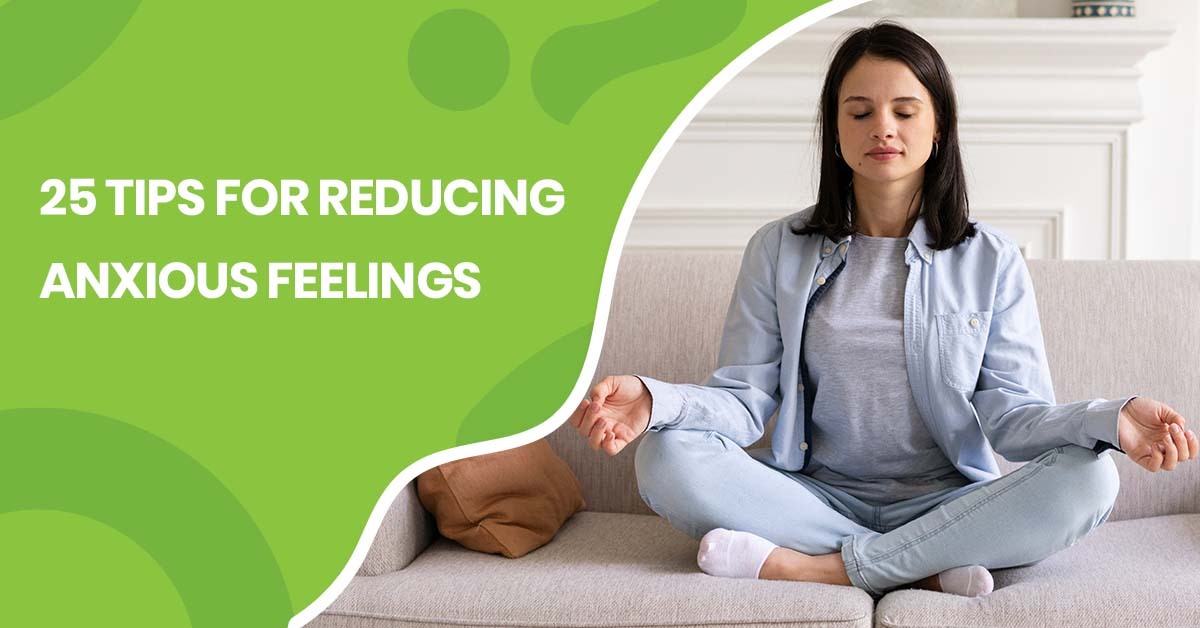
Anxiety can show up in many ways—racing thoughts, tight muscles, trouble sleeping, constant worry, or feeling on edge for no clear reason. While occasional anxiety is a normal part of life, ongoing anxious feelings can affect your work, relationships, and overall quality of life.
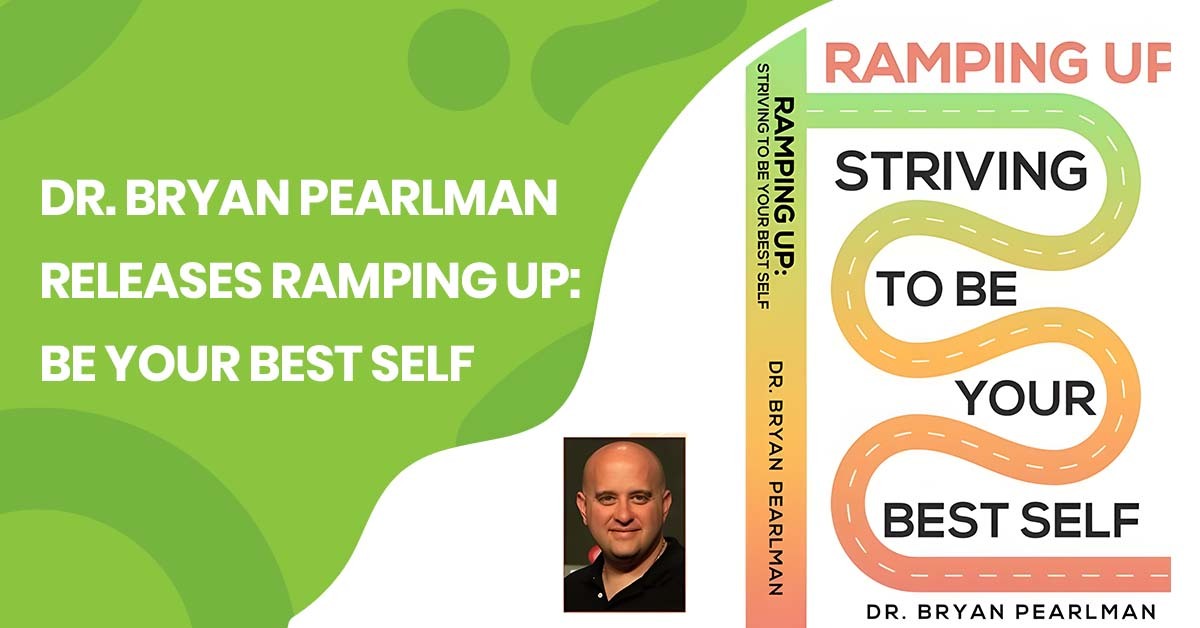
St. Louis, MO, In a world where stress, burnout, and self-doubt are increasingly common, personal growth requires more than motivation, it requires practical, emotionally intelligent tools. That’s exactly what Dr. Bryan Pearlman delivers in his new book, “Ramping Up: Striving to Be Your Best Self.”

In today’s fast-paced and demanding world, taking care of your mental health is just as important as caring for your physical health. Many people wait until they feel overwhelmed, stuck, or exhausted before reaching out for support. The truth is, therapy isn’t only for crisis, it’s a powerful tool for growth, clarity, and emotional strength.
Five Daily Habits for Positive Mental Health By Dr. Bryan Pearlman, EdD, LMSW Pearlman & Associates STLmentalhealth.com Maintaining positive mental health requires daily attention to various aspects of our well-being. Here are five essential habits to incorporate into your daily routine: Feed Your Brain Importance: Engaging in continuous learning stimulates cognitive functions, enhances memory, and boosts creativity. Activities: Read a book, take an online course, listen to educational podcasts, or learn a new skill. Benefits: Increases mental agility, reduces stress, and promotes a sense of accomplishment. Feed Your Body Importance: A balanced diet and proper hydration are crucial for physical health, which directly impacts mental well-being. Activities: Consume three nutritious meals a day rich in fruits, vegetables, proteins, and whole grains. Drink plenty of water throughout the day. Benefits: Enhances energy levels, improves mood, and supports overall bodily functions. Move Your Body Importance: Regular physical activity releases endorphins, which are natural mood lifters. Activities: Engage in at least 30 minutes of exercise daily—walking, running, yoga, dancing, or any physical activity you enjoy. Benefits: Reduces symptoms of anxiety and depression, improves sleep, and enhances overall fitness. Get Sunlight and Fresh Air Importance: Exposure to natural light helps regulate your body’s internal clock, and fresh air improves respiratory health. Activities: Spend at least 15-30 minutes outside each day. Walk in a park, garden, or simply sit on your balcony. Benefits: Boosts vitamin D levels, improves mood, and increases energy levels. Engage with Real People in Real Life Importance: Social interactions and meaningful connections are vital for emotional support and mental health. Activities: Have face-to-face conversations, meet friends for coffee, participate in group activities, or join a club. Benefits: Reduces feelings of loneliness, provides emotional support, and fosters a sense of belonging. The Impact of Isolation and Excessive Screen Time Negatives of Being Indoors and On Screens All Day: Mental Health: Prolonged isolation and excessive screen time can lead to increased anxiety, depression, and a sense of loneliness. Physical Health: Sedentary behavior contributes to weight gain, poor posture, and a higher risk of chronic diseases. Sleep Disruption: Blue light from screens interferes with sleep patterns, causing insomnia and poor sleep quality. Reduced Social Skills: Limited face-to-face interactions can hinder social skills and lead to difficulties in forming and maintaining relationships. Conclusion Incorporating these five habits into your daily routine can significantly improve both your mental and physical health. Balance is key—while technology offers many benefits, it’s essential to prioritize real-world experiences and human connections. Remember, small daily actions can lead to significant long-term benefits for your overall well-being. St Louis therapy St Louis counseling St Louis mental health St Louis counselor
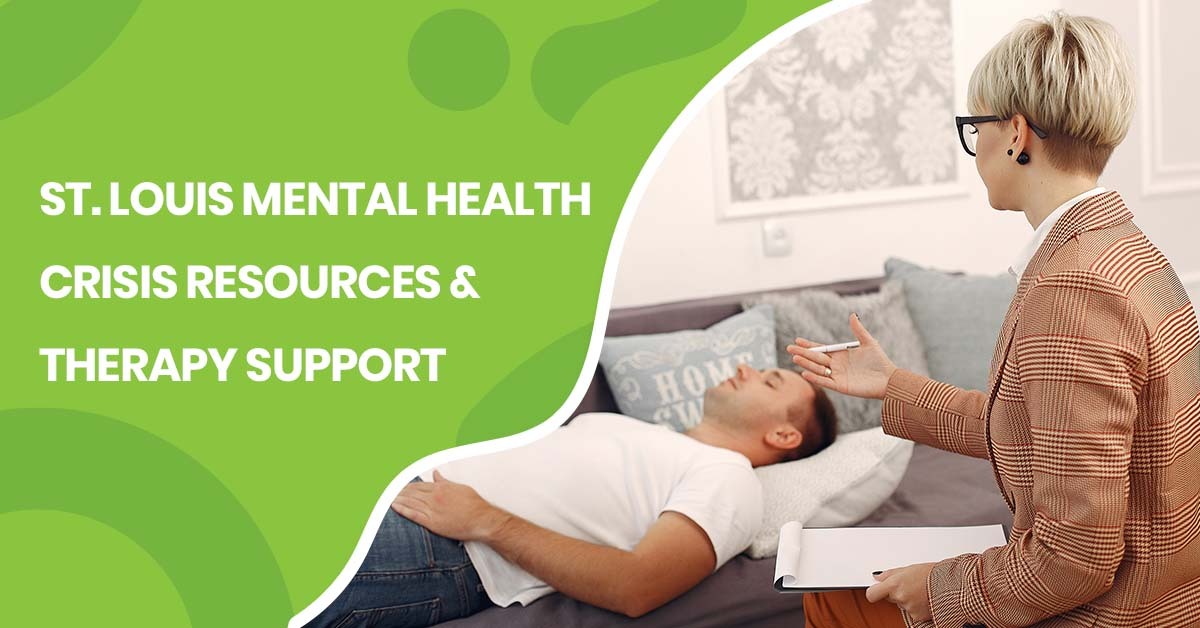
Mental health challenges can feel overwhelming, especially when stress, anxiety, depression, panic, or emotional pain suddenly become too heavy to manage alone. If you or someone you care about is facing a mental health crisis in St. Louis, Missouri, knowing where to turn can save lives.
New groups forming for adolescents/Teens. Click below for PDF version of the flyer:
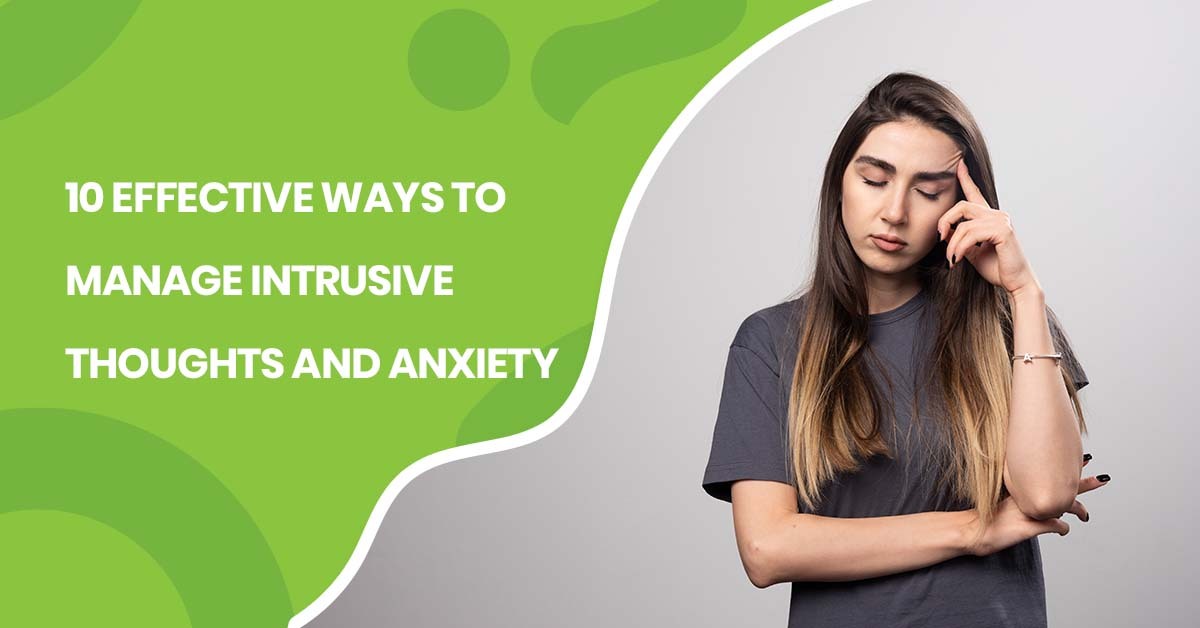
Intrusive thoughts and anxiety can feel overwhelming. One moment your mind is calm, and the next it’s filled with unwanted, repetitive, and distressing thoughts that won’t seem to go away. Many people worry, “Why am I thinking this?” or “Does this mean something is wrong with me?”
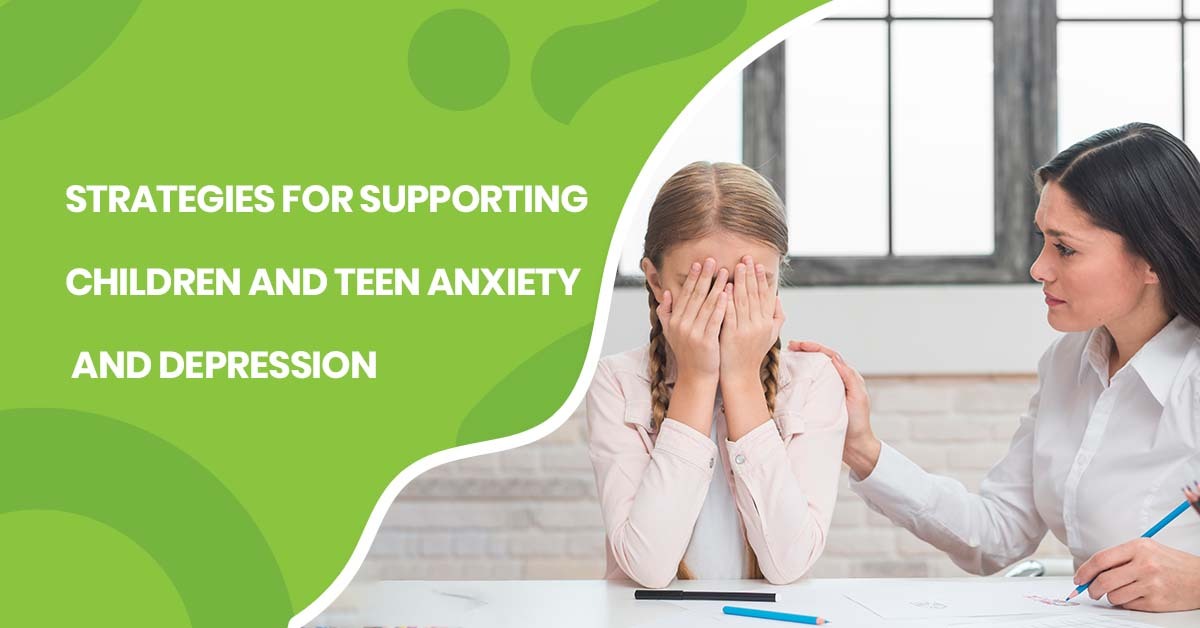
Childhood and adolescence are times of rapid emotional, social, and academic change. While occasional stress is normal, ongoing anxiety and depression in children and teens can interfere with learning, relationships, and overall quality of life.
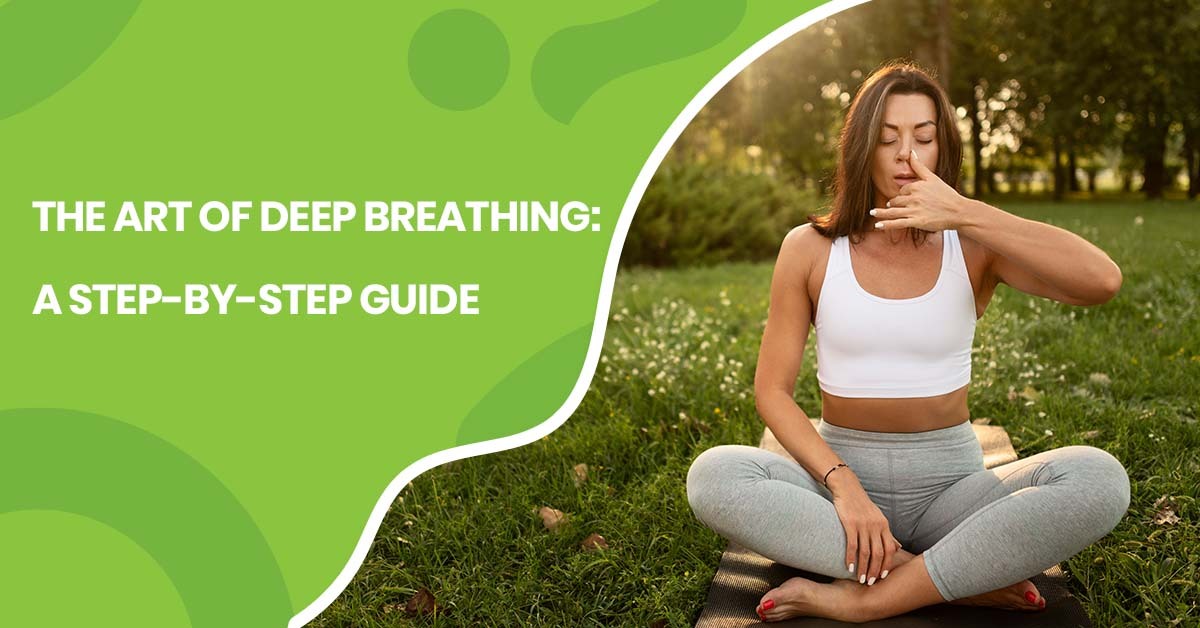
Stress and anxiety are part of everyday life, but when they build up, they can affect sleep, focus, relationships, and physical health. One of the simplest and most effective ways to regulate your nervous system is deep breathing, also known as diaphragmatic breathing.